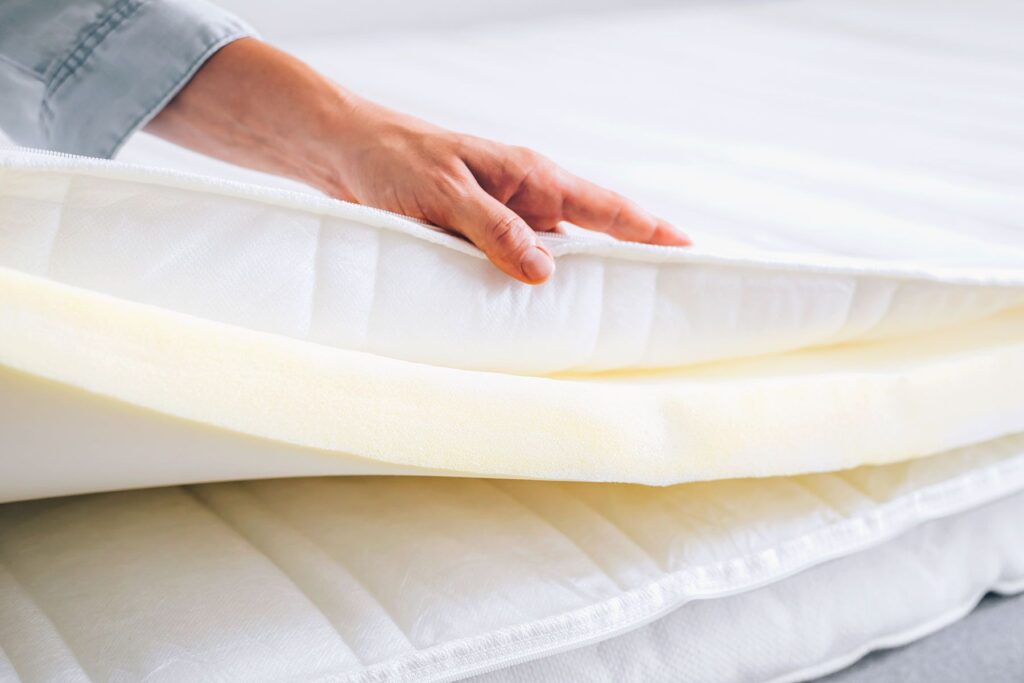If you’re wondering “how often do hotels change mattresses?”, then you’re not alone. Many travelers want to know how often hotels replace their mattresses, as a clean and comfortable bed is one of the most important aspects of a good hotel stay. In this article, we’ll discuss what you need to know about hotel mattress replacement and how often it takes place.
Reasons for Hotels to Change Mattresses
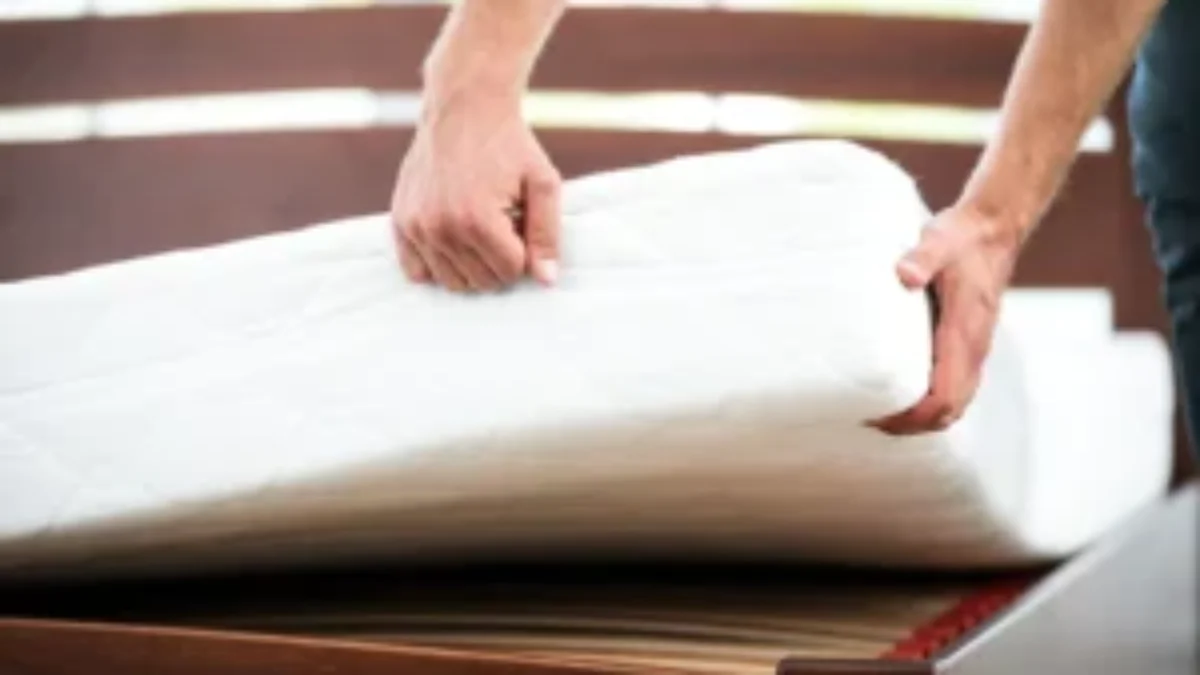
- To keep up with health and safety standards – Hotels must adhere to a certain level of cleanliness and hygiene in order to provide a safe and comfortable stay for guests. Mattresses are a breeding ground for dust mites, bed bugs, and other allergens, and need to be replaced regularly to maintain these standards.
- To ensure comfort – Hotel mattresses are subject to a lot of wear and tear due to frequent use, so replacing them on a regular basis is key for ensuring guests get a good night’s sleep.
- To maintain appearance – Mattresses can start to look worn and tired after a few years of use, so replacing them is a simple way to keep up the appearance of the hotel and give it a more polished look.
- To prevent damage – Over time, mattresses can sag and lose their shape, and this can cause damage to the bed frame. Replacing the mattress regularly will help to prevent this from occurring.
Replacing mattresses on a regular basis is essential for hotels to ensure their guests have a comfortable and safe stay. How often do hotels replace mattresses? It depends on the hotel, but generally, mattresses should be replaced every 5-7 years.
Industry Standards on Mattress Replacement
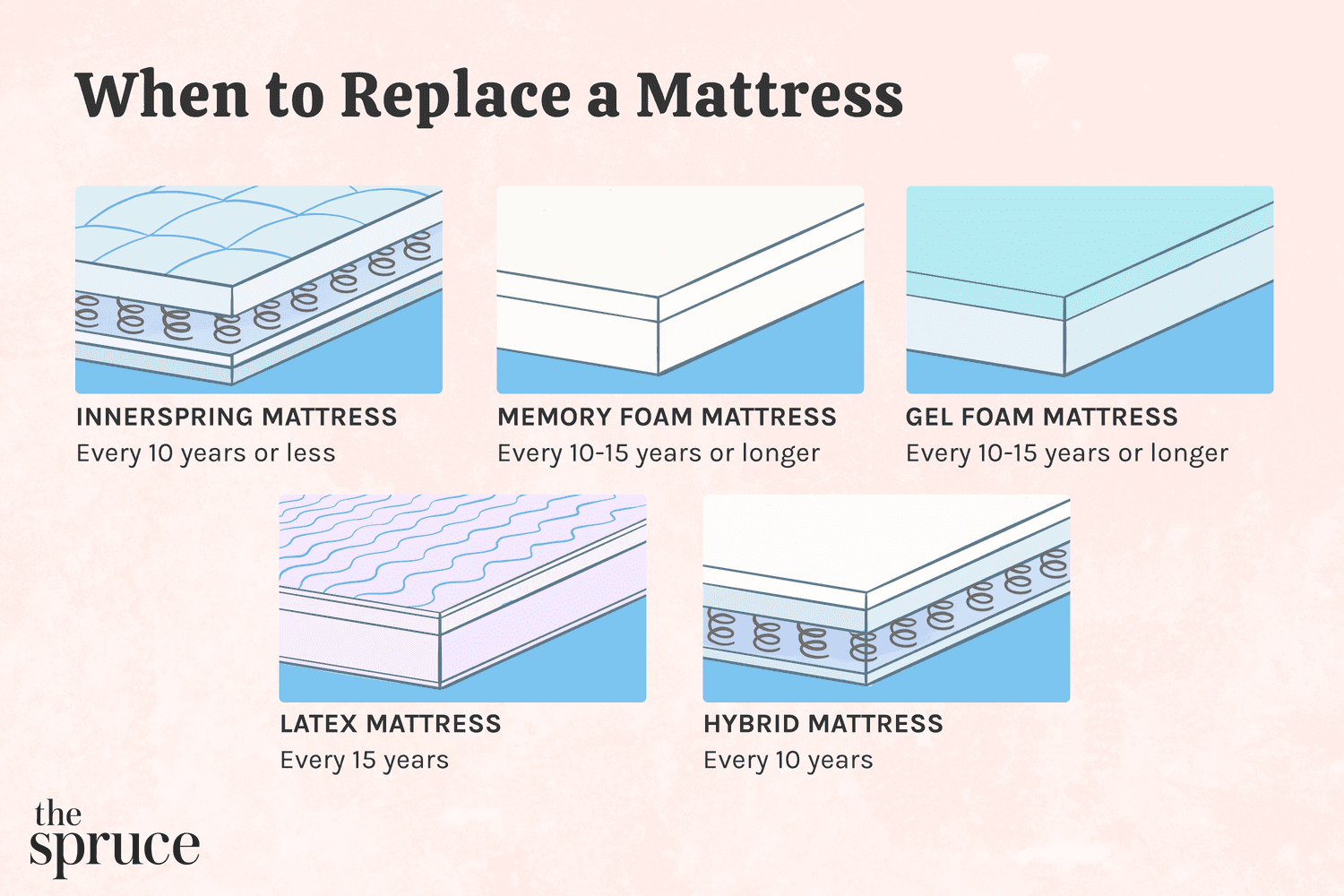
- Hotel mattresses should be replaced every 7-10 years. This is to ensure the mattress remains comfortable and supportive for guests.
- If a hotel changes its mattresses more often than every 7 years, it will typically be because of the quality of the mattress, the condition of the mattress, or the number of guests who have used the mattress.
- Hotels are required to perform regular inspections of mattresses to check for signs of wear and tear, such as sagging, broken springs, or fraying of the mattress fabric.
- Hotels should also regularly rotate mattresses to ensure that the mattress is evenly worn and evenly supported.
- Hotels should also regularly flip mattresses to ensure that the mattress is evenly worn and evenly supported.
- Hotels should also regularly clean mattresses to keep them free from dust, dirt, and other allergens.
- Hotels should also regularly inspect mattresses for bed bugs and other pests.
Hotel Policies on Mattress Replacement
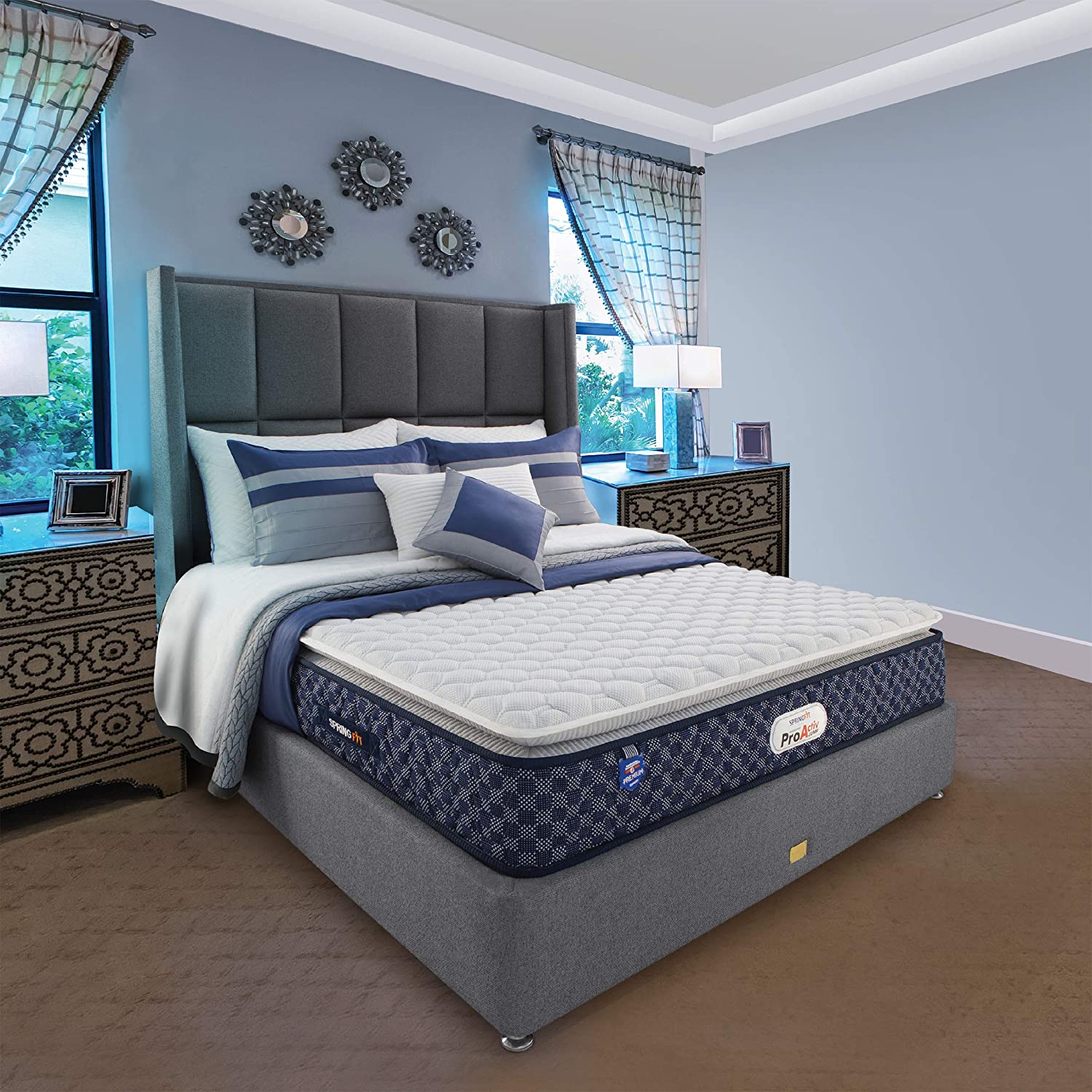
Hotel policies on mattress replacement vary greatly. While some hotels may replace mattresses every five years, others may wait up to ten years before replacing them. Some hotels may even choose to never replace mattresses, depending on their budget and individual policies.
In addition to the age of the mattress, hotels may also consider the condition and comfort level of their mattresses when making decisions about replacement. If a mattress has been damaged by guests or is no longer providing adequate comfort, it may be replaced sooner than one in good condition.
When it comes to mattress replacement, hotels may also have different policies for different room types. For example, a hotel may choose to replace mattresses in its luxury suites more frequently than those in its standard rooms.
Finally, some hotels may choose to replace mattresses more often in order to help maintain a high level of customer satisfaction. By regularly replacing mattresses, hotels can ensure their guests are comfortable and their rooms are fresh and inviting.
In short, each hotel has its own policies and guidelines when it comes to mattress replacement. To find out more about the policies of a particular hotel, it is best to contact them directly.
Factors Affecting How Often Hotels Replace Mattresses
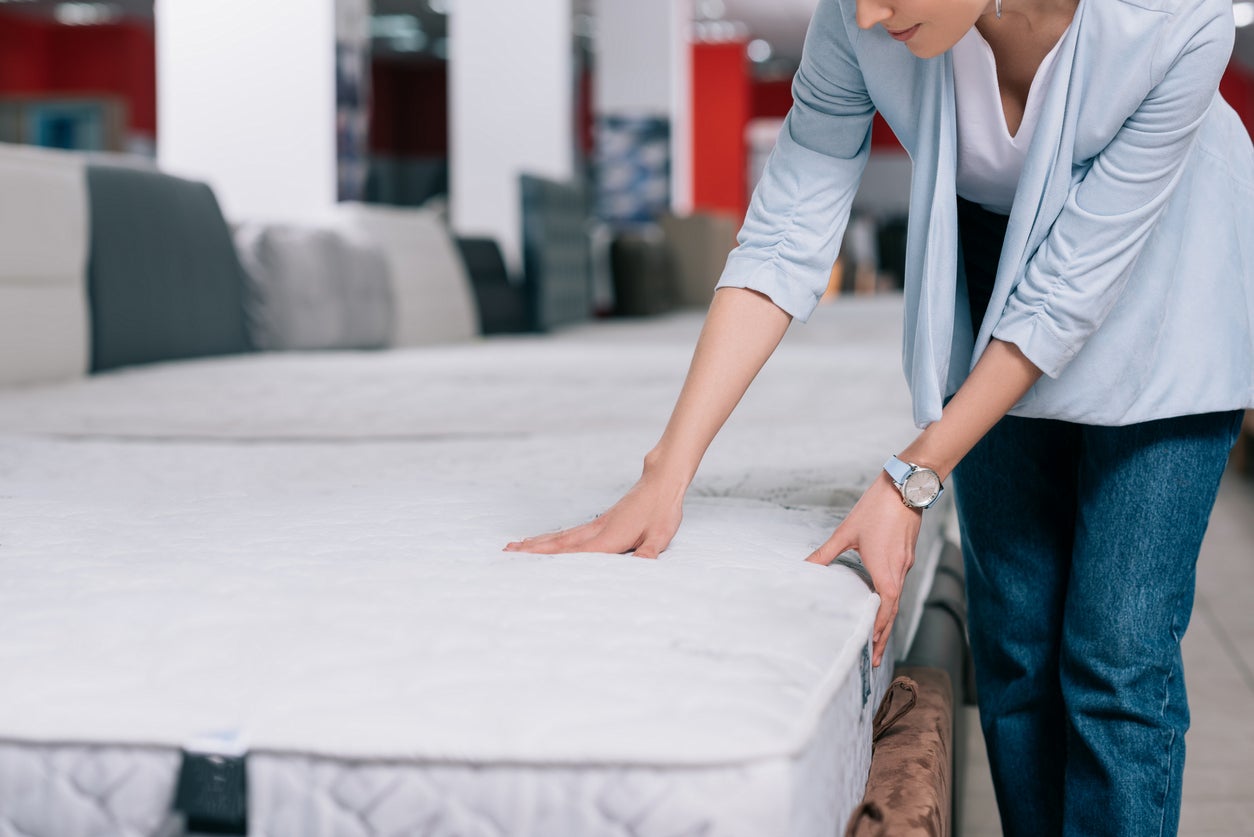
- Type of Hotel: Budget hotels generally change mattresses more often than luxury hotels.
- Location: Hotels in high-traffic areas, such as city centers, typically replace mattresses more often than hotels in less populated areas.
- Hotel Rating: Hotels with higher ratings usually replace mattresses more often than those with lower ratings.
- Customer Reviews: Hotels with consistently negative customer reviews may replace mattresses more often than hotels that get consistently positive reviews.
- Mattress Quality: Hotels that invest in higher-quality mattresses may need to replace them less often than those with lower-quality mattresses.
- Cost of Replacing Mattresses: Hotels that have a higher cost of replacing mattresses may do so less often than those with a lower cost.
Benefits of Changing Mattresses Often
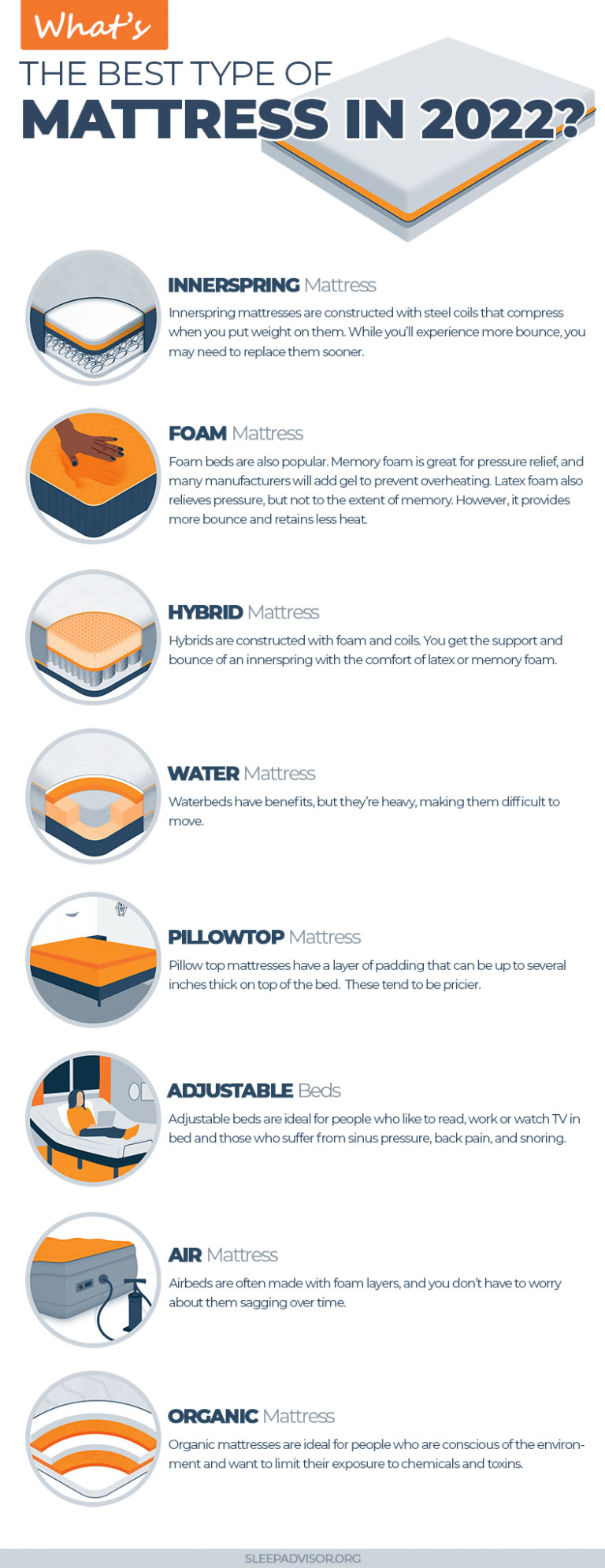
- Improved Comfort: Fresh mattresses provide better support and help prevent back and neck pain.
- Hygiene: New mattresses are free from sweat, dust mites, and other allergens.
- Durability: Replacing mattresses regularly helps them last longer and avoid sagging.
- Safety: Old mattresses can be a potential fire hazard and may contain toxins that can be unhealthy.
- Better Sleep: Sleeping on a new mattress can help improve sleep quality and reduce tossing and turning.
Cost Considerations of Changing Mattresses
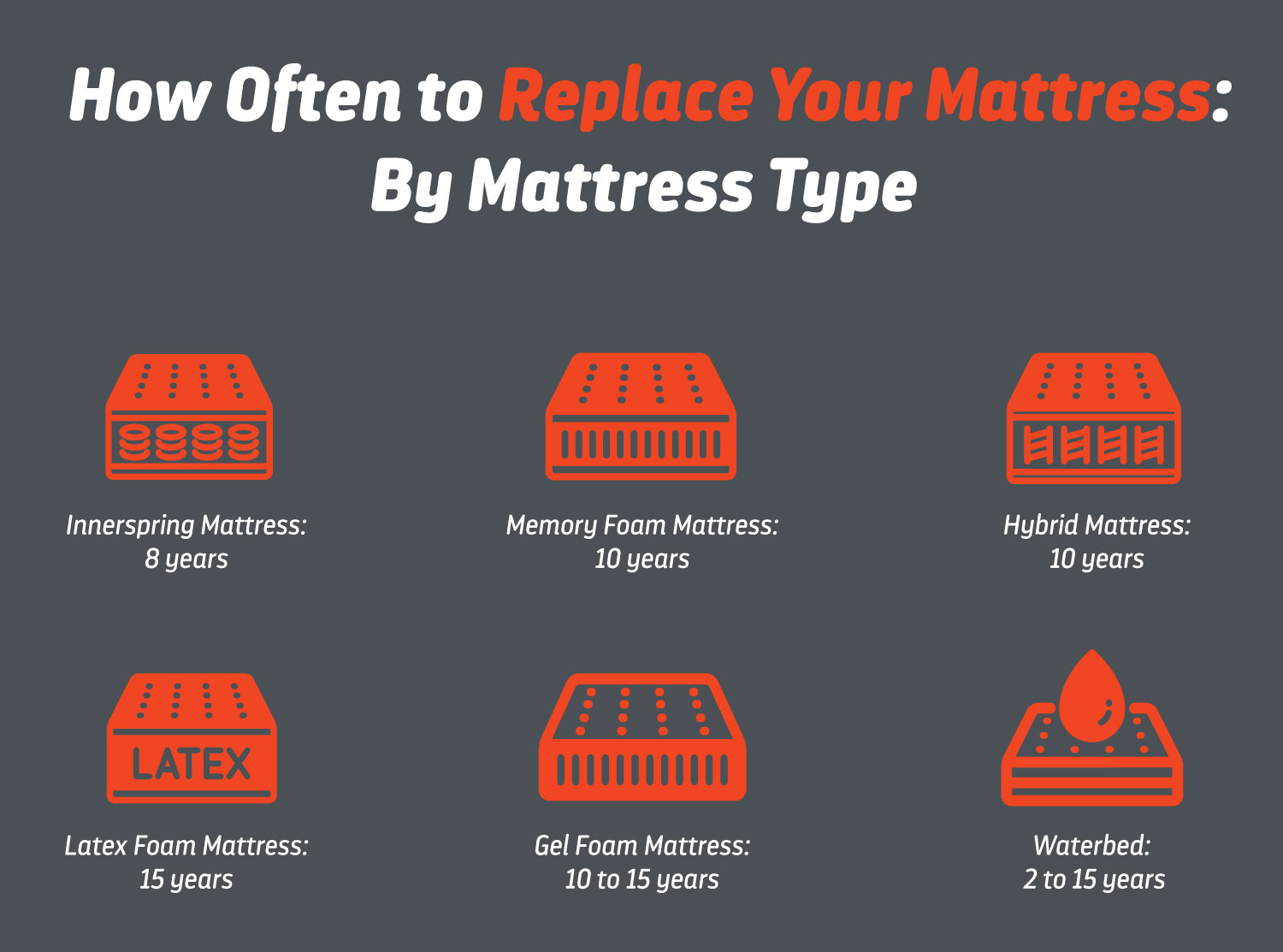
- Initial Cost: Depending on the type of mattress, the initial cost of changing out mattresses can range anywhere from a few hundred dollars to thousands of dollars.
- Delivery and Installation: Many hotels opt to have the new mattresses delivered and installed by professionals, which can result in additional costs.
- Replacement Frequency: Generally, mattresses should be replaced every 5-7 years, but the frequency depends on the type of mattress and the amount of wear and tear it experiences.
- Discarded Mattresses: Old mattresses must be disposed of properly. This can involve either sending them to a recycling center or hiring a professional for mattress removal services.
- Furniture Reupholstery: Depending on the type of mattress, it may need to be reupholstered to match the rest of the room’s furniture. This adds additional cost to the mattress replacement process.
- Cost of Maintenance: Mattresses require frequent maintenance to ensure their longevity. This can include regularly rotating, flipping, and cleaning the mattresses to keep them in good condition.
How to Tell if a Mattress Needs to be Replaced
- Sagging or Lumps: If your mattress has developed lumps or is sagging, then it’s likely time for a new one. If the mattress is sagging in the middle, then the material has broken down and is no longer providing adequate support.
- Noise: If your mattress is making more noise than usual, then it may be time for a new one. This could be from springs that have become weak or springs that are beginning to wear out.
- Odors: If your mattress is emitting an unusual odor, then it may be time for a new one. This could be from mold or mildew which can be hazardous to your health.
- Age: Generally, mattresses should be replaced every 7-10 years. If your mattress is over 10 years old, then it’s likely time for a new one.
- Allergies: If you notice that you’re having more allergies or asthma symptoms since sleeping on your mattress, then it may be time to replace it. This could be from dust mites or other allergens that have built up in the mattress over time.
Frequently Asked Questions
Are Hotels Required to Change Mattresses Regularly?
No, there is no specific requirement for hotels to change mattresses regularly. However, most hotels have their own policies in place to ensure the highest levels of cleanliness and hygiene for their guests. Most hotels will change mattresses at least once a year, depending on the quality and condition of the mattress. Some hotels may replace mattresses more frequently, such as after a guest checks out. Additionally, many hotels will also use mattress protectors to ensure the mattress stays clean and fresh.
What are the Health and Safety Regulations for Hotel Mattresses?
Hotels must adhere to strict health and safety regulations when it comes to mattresses. These regulations include the use of flame retardant coverings, the use of sanitary covers, and the use of hypoallergenic materials. Additionally, all hotel mattresses must be cleaned and disinfected regularly. Furthermore, hotels must regularly inspect mattresses for signs of wear and tear, as well as for bed bugs.
What is the Best Way to Ensure a Hotel Mattress is Clean and Safe?
Ensuring a hotel mattress is clean and safe is an important part of any hotel stay. Guests should always check for any signs of bed bugs or other pests. They should also look for any visible stains, rips, or damage to the mattress. Additionally, guests should check to make sure the mattress is free of any debris or foreign objects. Lastly, guests should always use a mattress protector to keep the mattress clean and sanitary.
How do Hotels Determine How Often to Change Mattresses?
- Aging: Hotels typically use the age of the mattress as a major factor in determining how often they need to be replaced. As mattresses age, their comfort levels decrease and they may become prone to sagging and lumpiness.
- Quality: The quality of a mattress also plays a role in determining how often it needs to be changed. Low-quality mattresses may need to be replaced more often than high-quality ones.
- Usage: The frequency of use is another factor that hotels consider when determining how often to change mattresses. Hotels with high occupancy rates may need to change mattresses more often than those with low occupancy rates.
- Maintenance: Regular maintenance and cleaning can help extend the life of a mattress and reduce the need for frequent replacements. Hotels with good maintenance and cleaning protocols will usually have mattresses that last longer than those without.
Hotels take all of these factors into account when deciding how often to change their mattresses. They may also conduct regular inspections to check for signs of wear and tear, such as sagging and lumpiness. Based on their findings, they can then determine the best course of action.
What are some signs that a hotel mattress needs to be changed?
Stains, lumps, and tears in the fabric are all signs that a hotel mattress needs to be changed. If the mattress is sagging, this is also a good indication that it needs to be replaced. Additionally, if the mattress has an unpleasant odor or is overly noisy, it is likely time for a replacement.
Conclusion
Hotels are responsible for ensuring a high level of hygiene and comfort standards in their establishments. To achieve this, they must regularly check and replace mattresses and other bedding materials. The frequency of mattress changes depends on the size of the hotel, guest turnover, and the number of beds in each room. For most hotels, it is recommended to change mattresses and other bedding materials at least once every two to five years. Hotels should also consider additional mattress cleaning and sanitizing as part of their regular maintenance routine.
